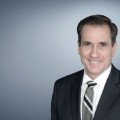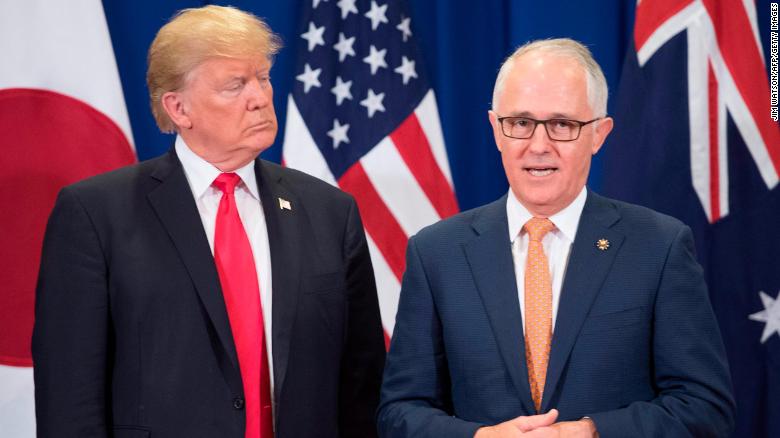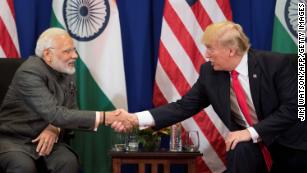US President Donald Trump’s daughter Ivanka will come face-to-face with a top North Korean general at the Winter Olympics closing ceremony in the South this weekend, it emerged Thursday.
The Pyeongchang Games have become a venue for geopolitics as much as sports as the nuclear-armed North mounts a charm offensive analysts say is intended to loosen the sanctions regime against it and weaken the alliance between Seoul and Washington.
Leader Kim Jong Un dispatched his sister Kim Yo Jong to the opening ceremony — which US Vice President Mike Pence also attended — and during her visit she extended an invitation to South Korean President Moon Jae-in to come to a summit in Pyongyang.
The family connections will be reversed at Sunday’s closing ceremony.
The White House said Donald Trump had asked his eldest daughter — who is also one of his top advisers — to travel to Pyeongchang to lead up a “high level delegation”.
The 36-year-old businesswoman and former model will be joined by press secretary Sarah Sanders and is going in part because “she is something of a winter sports enthusiast”, an official said.
The North will send an eight-member delegation Sunday headed by Kim Yong Chol, a top general who oversees inter-Korean relations for the ruling Workers’ Party, Seoul’s unification ministry said in a statement.
Kim Yong Chol’s presence is a demonstration of how Pyongyang is testing the limits of the multiple different sanctions imposed on it over its banned nuclear weapons and ballistic missile programmes.
The general is blacklisted under Seoul’s unilateral sanctions against the North — meaning he is subject to an assets freeze — although he is not named in the UN Security Council’s measures.
He is believed to have once led the North’s spying agency, the Reconnaissance General Bureau, and to have ordered a deadly torpedo attack on the South’s corvette Cheonan in 2010 that left 46 sailors dead.
Seoul blamed the North for the attack but Pyongyang denied involvement.
South Korea’s defence ministry has also linked him to the shelling of its Yeonpyeong island the same year, which killed four people.
Moon dinner
The Games have seen a flurry of cross-border visits and diplomacy on the habitually tense peninsula, where strains were racked up last year as the North conducted a battery of weapons tests and its leader Kim Jong Un exchanged personal insults and threats of war with Trump.
Moon — who did not immediately accept the invitation to go to the North — has been trying to use what Seoul promotes as a “peace Olympics” to defuse tensions and open a door for dialogue between Pyongyang and Washington.
But at the opening ceremony in Pyeongchang, Kim Yo Jong sat just a few seats away from US Vice President Mike Pence, who did not exchange a word with her at any point.
Pence had earlier denounced the North’s “murderous regime”, and according to US officials the North Koreans later cancelled a meeting that had been scheduled for the day after the Games’ opening.
Ivanka Trump is scheduled to have dinner with Moon on Friday, and Yonhap news agency cited the presidential Blue House as saying he was also likely to meet Pyongyang’s delegation during its three-day trip.
But a senior administration official ruled out any possible meeting between Ivanka and officials from North Korea, and a Seoul government source also said such an encounter was unlikely.
Pyongyang has used the Games to try to soften its image in the international community and push for talks with Seoul — which would lessen the possibility of a US military strike, touted as an option by Trump administration officials.
But North-South discussions would have a limited impact on wider tensions, said Andrei Lankov, a North Korea expert and a professor at Kookmin University in Seoul.
“The major problem is between North Korea and the United States,” he told AFP. “Therefore, no amount of talks between North and the South… is going to change anything significantly.”
Washington has sought to project resolve in the face of a growing threat from the North — which has tested intercontinental ballistic missiles capable of reaching the US mainland and last year carried out its most powerful nuclear blast to date.
The US insists it will persist with its campaign of “maximum pressure and engagement”, and has repeatedly sought to underscore the importance of a troubled alliance with Seoul.




